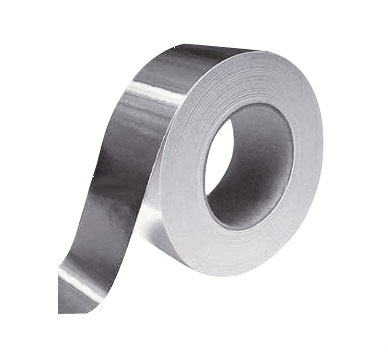What is Machined Aluminum?
Mechanically processed aluminum refers to the direct processing of raw materials into the required aluminum using a lathe.
What is Die-casting Aluminum?
Die-cast aluminum refers to aluminum suitable for die-casting process, usually refers to cast aluminum alloy. Die casting is only a process of metal smelting and processing, usually using the gravity of the metal to cast in the mold. AdTech products are suitable for aluminum die casting, including aluminum liquid degassing unit, CFF filtering box, CFF plate, caster tips, etc.
Difference between Machined Aluminum and Die-cast Aluminum
Aluminum alloy has good heat dissipation and appearance, so it is widely used. What is the difference between machined aluminum and aluminum die casting process? The difference between machined aluminum and die-cast aluminum is mainly in the following 6 aspects:
1. Differences in Material
The material of die-casting aluminum alloy generally adopts ADC12 or ALsi9cu3, while the car aluminum generally adopts 6063 or 6061.
2. Difference in Appearance
Die-cast aluminum is equivalent to the plastic injection molding process and can be manufactured in any shape. The outer shell of the street lamp is generally made of die-cast aluminum. The car aluminum adopts the shape of equal cross-section, and the change is small, such as the heat sink of the bulb lamp and the aluminum profile of the door and window.
3. Difference in Thermal Conductivity
The thermal conductivity of car aluminum is about 180-190W/M.K, and the general conductivity of die-casting aluminum is about 80-90W/M.K.
4. Difference in Cost
The cost of die castings and machined aluminum are relatively speaking, and are calculated by weight and machining. Calculate costs based on real-time material prices and labor. Relatively speaking, the cost of die-casting aluminum is higher, but the specific situation needs to be analyzed.
5. Difference in Production Efficiency
The production efficiency of injection molding is definitely higher. In batch production, generally more than 1,000 are produced in a day, and the size is stable, and the shrinkage rate is 0.5%. There are more components processed in machined aluminum. As the name implies, it is lathe aluminum, and the efficiency is naturally lower.
6. Difference in Application
Aluminum casting is widely used in automobiles, street lights, and the mobile phone industry. Machined aluminum is widely used in downlights, ceiling lights, doors, and windows.

